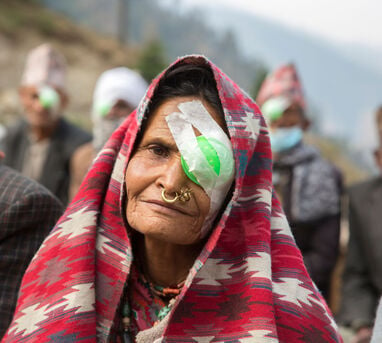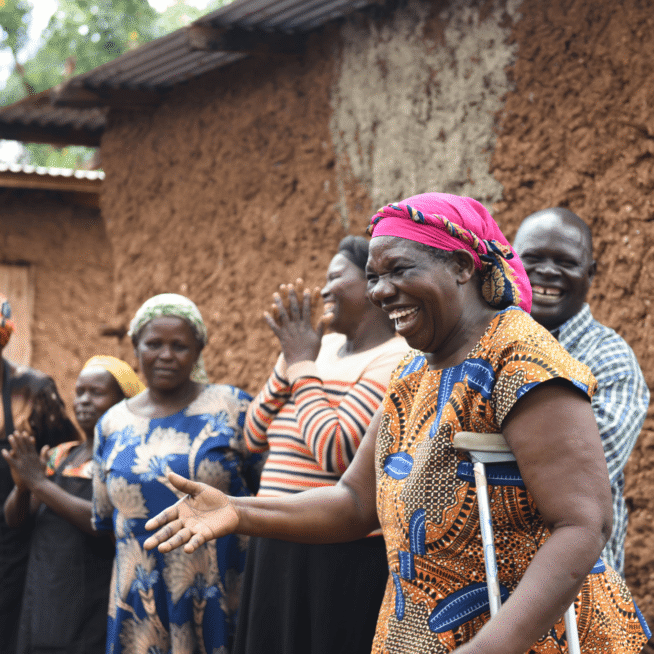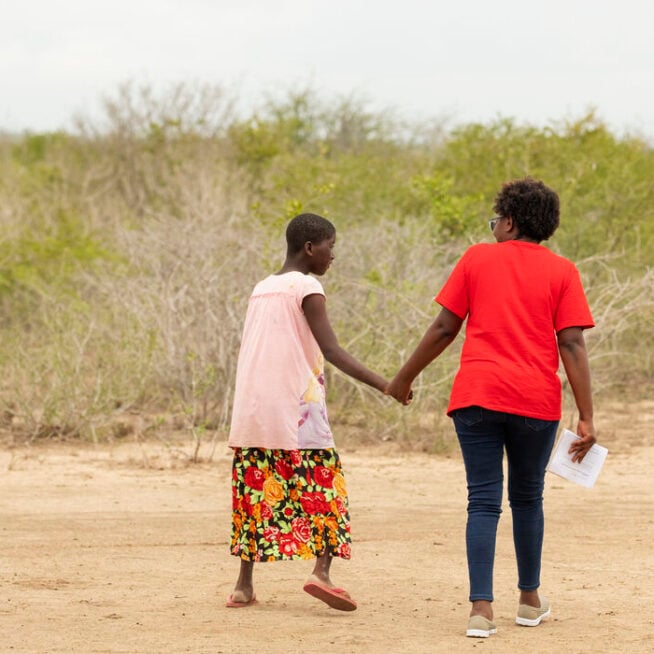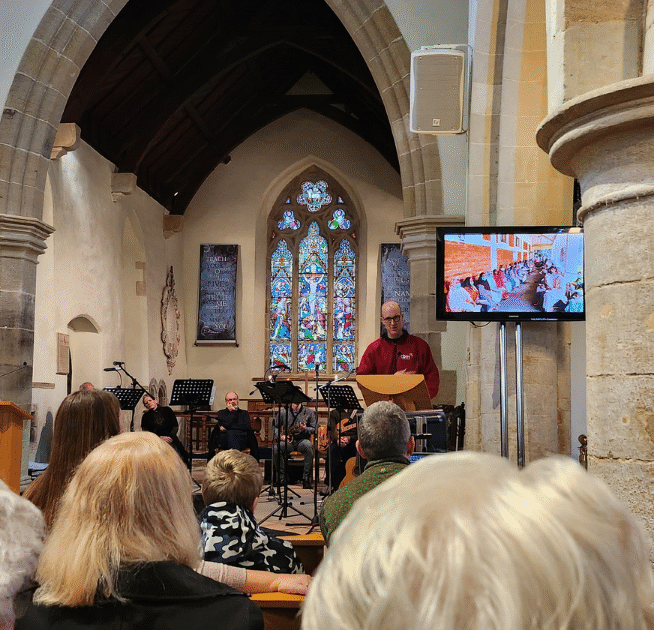Adrian Sakwa is the founder of Disability Empowerment Network, a long-term partner of CBM in Bungoma County, Kenya. We caught up with him to discuss his work, the importance of disability inclusion, and how he advocates for change.
Empowerment, advocacy, and independence – an interview with Adrian Sakwa
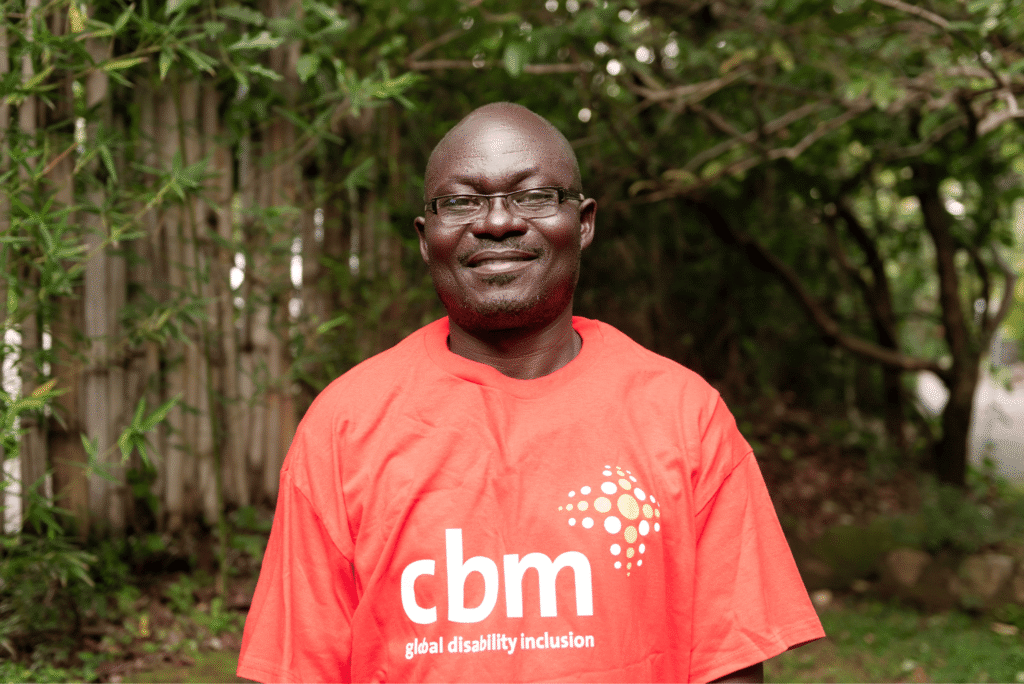
Could you tell us more about your work with Disability Empowerment Network?
Disability Empowerment Network was formed in 2012. We came together to form a collective voice of advocating for interests and opportunities for people with disabilities within the county. Initially, it was just a pressure group, but then we reorganised ourself and formally registered it as a community-based organisation.
How long have you been involved in this work?
I don’t call it a profession – it’s a calling.
When I came back from university, I learned the importance of advocacy because we could go to school and realise that the lecture room is on the fifth floor and there is no ramp. So, when I came back home, I said “now this is an opportunity”.
It was chaotic until we sat down with the government and said: “this is the way to go.” Then partners like CBM and the Kenya Red Cross Society have come on board and supported us and that is how I was identified as a disability champion within the region.
How has climate change impacted the area?
When we were young, we used to have regular rain patterns. We never used to have water scarcity.
But now access to water, especially for people with disability is a challenge. We have been telling our members to plant drought-resistant crops.
What are the main challenges you face in your work?
I’m identified by the work I do more than my name. I’m identified by “who id that disability person?” What we need to do is build more disability champions.
What is your vision for the future?
I want to see people with disability be more independent. Because when you go in to communities, you will find that the community has been designed by our societies that we should always be dependent. They have given us names that portray us as people always needing help.
I really want to see that people with disabilities can speak for themselves: you have that assistive device so that you can go to places of your choice, you can choose a course of your choice when you are a student. Instead of telling me that because you have a disability, you will not do managerial work – you are supposed to go to vocational training and do tailoring.
I really want to see these barriers broken so that people with disabilities can choose the kind of life they want to live, the career path they want to pursue, and are independent like people without disabilities. That’s my vision.
Photo: ©CBM UK/Plateau Media
